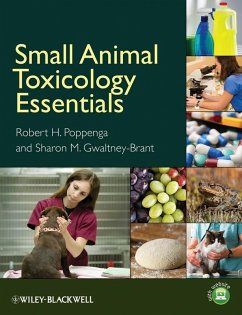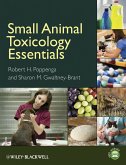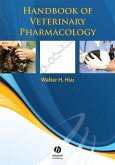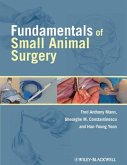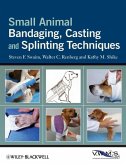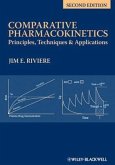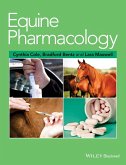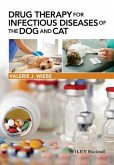Dieser Download kann aus rechtlichen Gründen nur mit Rechnungsadresse in A, B, BG, CY, CZ, D, DK, EW, E, FIN, F, GR, HR, H, IRL, I, LT, L, LR, M, NL, PL, P, R, S, SLO, SK ausgeliefert werden.
"A well presented, easy to follow, practical book which will be excellent for students and veterinary practice, especially in emergency situations. " (British Toxicology Society Newsletter, 1 June 2012) "Small Animal Toxicology Essentials provides a complete introduction to clinical veterinary toxicology. Veterinary technicians and veterinarians in the clinical and research settings will find this
text not only a useful reference, but also a resourceful study guide and a practical introduction to the fundamentals of toxicology." (Lab Animal, 1 March 2012)
"This is a very practical book for your first steps in toxicology and a valuable tool for your first job." (Tomorrow's Vets, 1 January 2012)
"Small Animal Toxicology Essentials provides a fine introduction to veterinary toxicology in a reference for the initial triage and management of a small animal poisoning case. It outlines the basics of evaluating small pets, covers prevention to monitoring and treatment, emphasizes case management and approaches to specific poisons, and is especially recommended for veterinary students and reference libraries for vets." (The Midwest Book Review, 1 November 2011)
"This is an important resource to guide the veterinary team on a course of action when a pet owner informs them, "My pet just ate (fill in the blank)!."
(Doody's, 28 October 2011)
"The book also will interest students of veterinary medicine and veterinarians who want to know more about the topic." (Book News, 1 August 2011)

